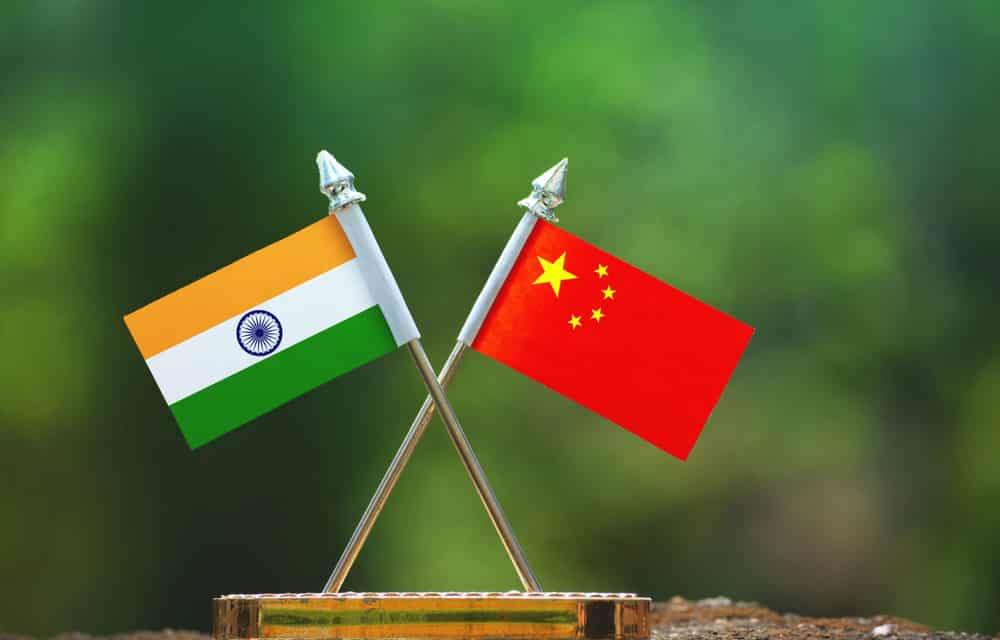
China and India make changes on coal
On Sunday, the president of COP26 said that India and China would require to explain why they insisted on changing a crucial passage of the U.N.-brokered climate deal last minute.
A U.K. lawmaker and a leader of the COP26 negotiations, Alok Sharma, told Andrew Marr (BBC) that China and India have to explain their decisions on climate actions. They must clariy this to the most climate-vulnerable countries in the world. Their decision came a day after almost 200 countries agreed on a climate deal after two weeks of talks in Glasgow, Scotland. This deal intended to prevent the worst consequences of the climate crisis.
The deal
The wide-ranging deal, which is not legally obligatory, was changed after a couple of hours. This was because of interventions from India and China. This occurred even though they are among the world’s biggest coal burners. Their intervention led to a change in some words about fossil fuels. The agreement now indicates the “phase down” of coal instead of the “phase-out” of coal.
After initial changes, countries in the opposition ultimately acknowledged the amendment.
A U.K. lawmaker said that certain countries did not want to have coal language in this agreement. But finally, this is the first time countries included a language about coal in a COP decision. Alok Sharma added that it is a historical event.
However, speaking to CNBC Saturday, Sharma revealed that there was more work to be done on this matter.
He said at a press conference after taking on the role of COP presidency, that he wanted committees to work on this matter. In fact, he aims to consign coal energy to history. He also highlighted that it was hard to imagine that by COP, they would have guaranteed that economies like China and India would stop financing international coal projects. Moreover, he added that the agreement they have managed to get is a significant achievement and progress.
At the climate conference, world leaders with campaigners and environmental activists called for urgent action to limit global warming.
There are concerns that a more extreme increase in temperatures will affect vulnerable communities. These include the world’s small island nations, already facing rising sea levels. The foreign minister of an island in the South Pacific, Tuvalu, Simon Kofe, delivered his speech at the climate conference standing knee-deep in the ocean.


